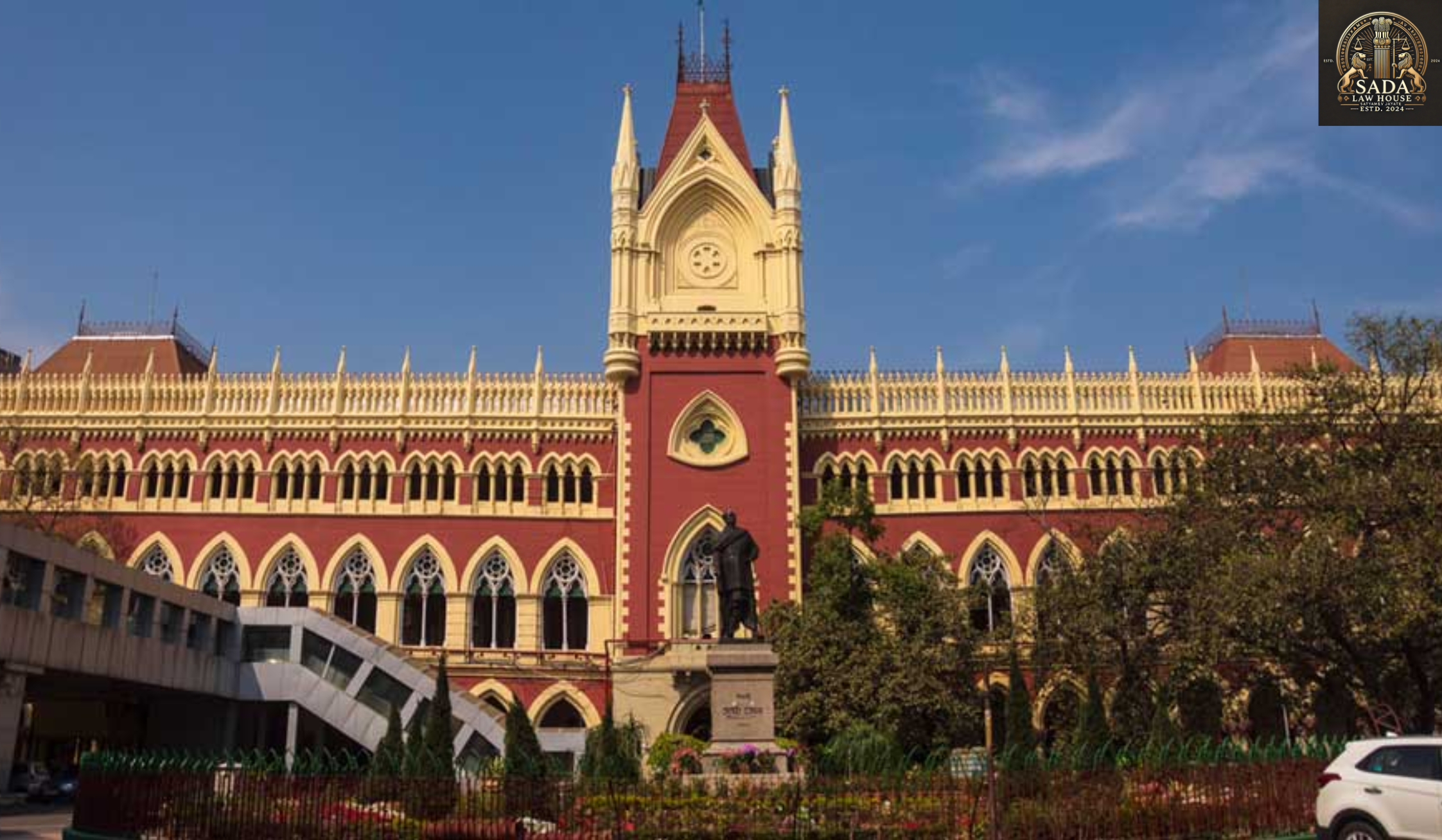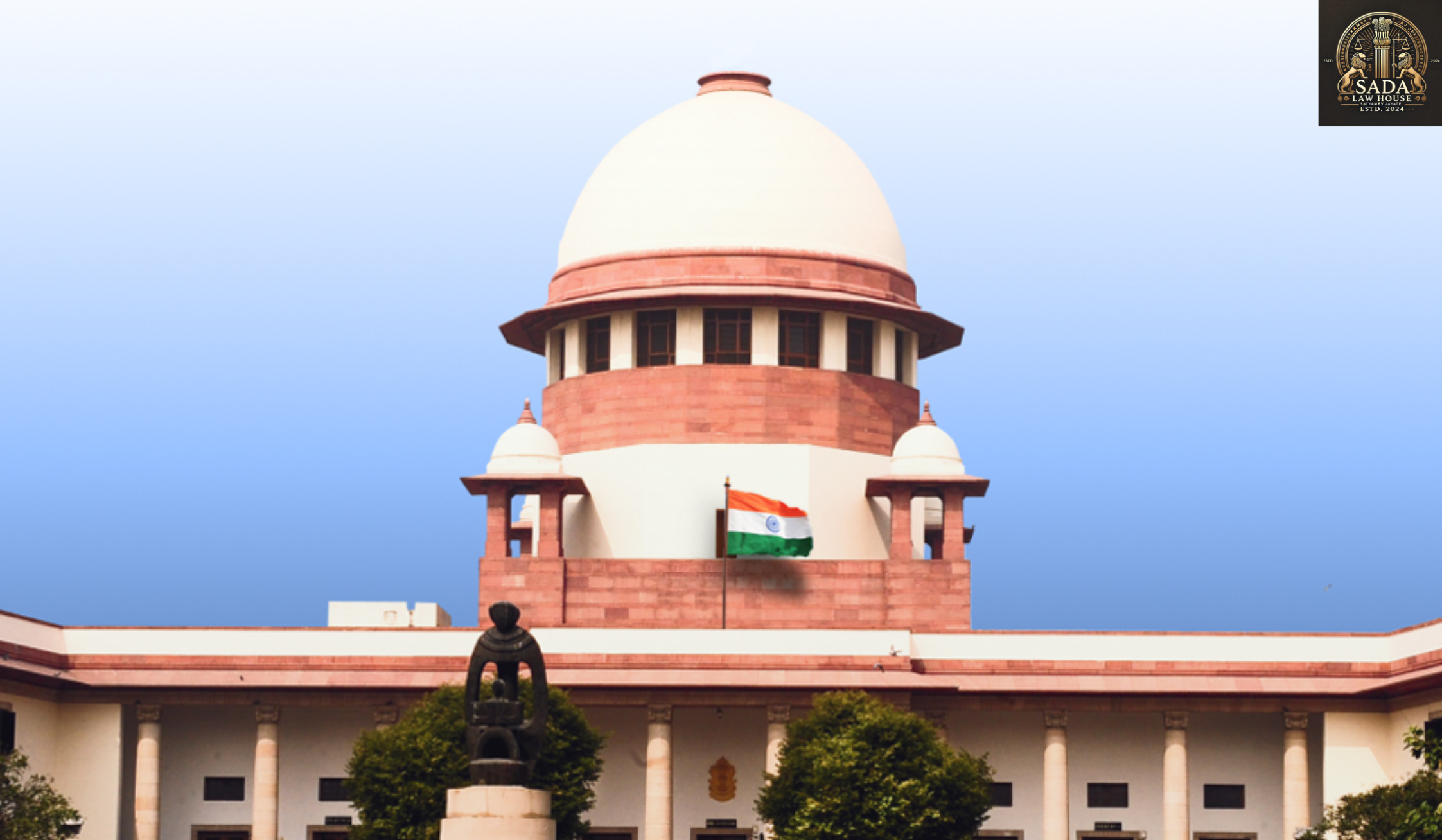Indonesia’s Protests Persist as Authorities Clamp Down and Cases of Missing Persons Rise
- Shristi Singh
- 03 SEPTEMBER 2025

Introduction
Despite a heavy security presence, protests across Indonesia showed no signs of abating on September 3. Women activists took to the streets of Jakarta wielding brooms as symbols of reform, even as human rights groups confirmed that at least 20 people remain missing following last week’s clashes. The rising cases of disappearance and allegations of police brutality have intensified calls for accountability.
Background & Context
The unrest began in late August after revelations of a lavish housing allowance for lawmakers, seen as tone-deaf amid economic struggles.
Outrage peaked after the death of Affan Kurniawan, a ride-hailing driver, during a protest.
Demonstrations quickly spread nationwide, with incidents of arson at legislative buildings.
Government concessions, including a rollback of the allowance, have so far failed to pacify the public.
Current Developments
Women protestors, carrying brooms as symbolic tools of sweeping reform, staged sit-ins outside Parliament against corruption and police brutality.
A human rights coalition verified reports of 20 missing persons, urging accountability and transparency.
The United Nations has called on Indonesian authorities to investigate allegations of excessive force and disappearances.
Despite a strong security clampdown, demonstrations continued in Bandung, Makassar, and Yogyakarta, signaling persistent defiance.
Analysis
Civil Fracture Widening: The persistence of protests reflects deep distrust in institutions and rising anger at elite privilege.
State Response Deficiency: Reliance on force over dialogue risks aggravating tensions, rather than restoring stability.
Potential for Reform: The broom-led women’s protests highlight growing momentum for a grassroots reform movement—but its impact will depend on systemic government action.
Conclusion
Indonesia stands at a crossroads: whether to engage in reform and reconciliation or continue down a path of repression and division. The outcome will define the future of its democracy and the credibility of its institutions in the eyes of its citizens and the world.
Live Cases






